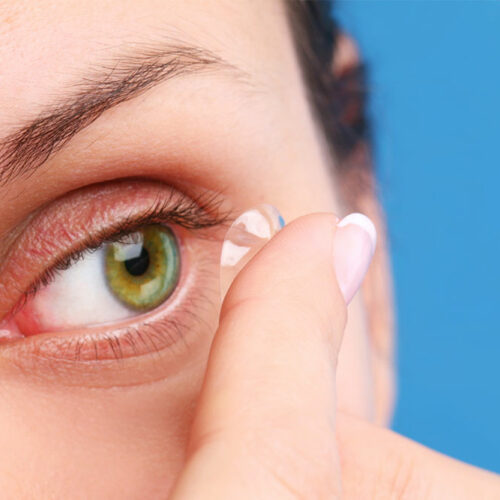6 mistakes to avoid while wearing contact lenses

Environmental pollutants, genetics, injuries, age, and other factors can affect one’s eyesight. Luckily, several visual aids are available in the market to help people see better, contact lenses being a popular choice. These lenses are placed over the eye’s cornea to correct refractive errors. Some people also wear them for cosmetic purposes. In either case, one should avoid the following mistakes while wearing contact lenses to ensure they work well and don’t cause complications. Sleeping with contact lenses When one sleeps, the body works to recover and rejuvenate organs, including the eyes, from the stressful situations that may have occurred during the day. Sleeping with contact lenses can interfere with this function. Moreover, when closed, the eyes don’t receive sufficient oxygen to fight germs, and wearing contact lenses may block the oxygen supply further. Not cleaning the lenses Some people don’t clean their contacts for days. This is a terrible mistake that can lead to bacteria settling on them. When such lenses are worn, they can increase the risk of infection and inflammation. They can also lead to keratitis, a painful eye infection of the cornea. One must clean their contact lenses regularly and ensure they are hygienic when placed on each eye.






